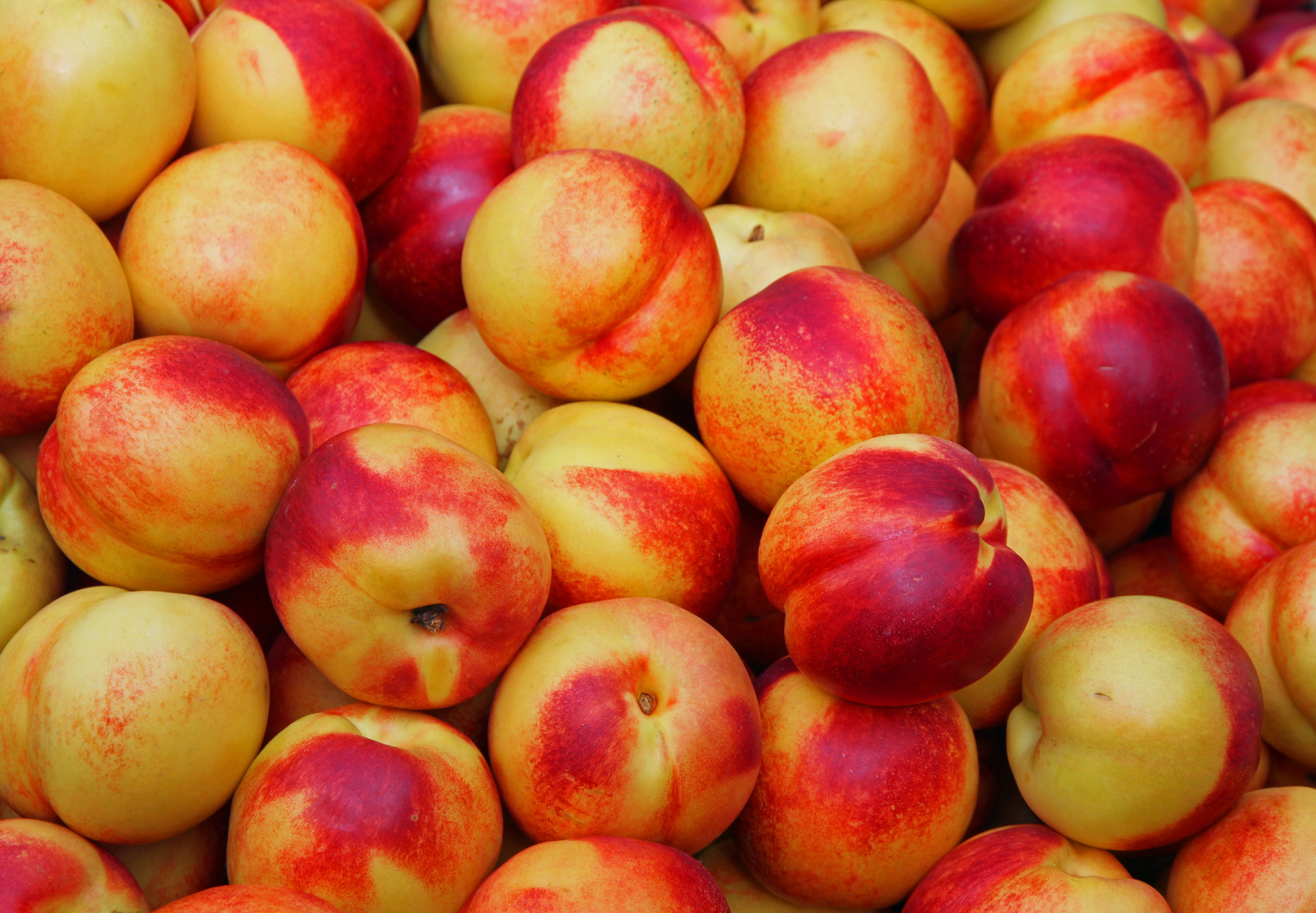Posts from the "Microbial Contamination" category
US: Which food is most likely to give you Salmonella?
The Daily Meal: Salmonella poisoning, or salmonellosis, is an illness inspired by the consumption of one of over 2,000 foodborne salmonella strains. “Salmonella infection usually occurs when a person eats food contaminated with the feces of animals or humans carrying the bacteria,†says Foodborne Illness.
Read Article →US: Research shows feedlot link to E. coli O157:H7 on leafy greens
Food Safety News: Current guidelines for the minimum distance between cattle feed lots and fresh produce growing fields are likely inadequate to ensure leafy greens are not contaminated with E. coli from dust and manure. “Additional research is needed to determine safe set-back distances between cattle feedlots and crop production that will reduce fresh produce contamination,†according to scientists who conducted a two-year study.
A two-year study at the U.S. Meat Animal Research Center showed leafy greens planted well past the recommended minimum safety distance from a cattle feedlot were contaminated with E. coli from the dust and manure.
Read Article →AU: Tests results associate more people with recalled salads
FPSC: Cases of Salmonella anatum illness associated with salads recalled by Tripod Farmers on the 4th February have increased. While there are potentially more cases to emerge through ongoing testing during the follow up, it is expected that the rate of new cases that will be associated with this event has peaked and will start to decline. The use-by-date of any affected products has expired and the incubation time for symptoms to emerge is nearing the end. So far 10 cases have been confirmed with another 200 cases with probable association.
Read Article →Salmonella outbreak linked to pre-packed mixed salad update
The Victorian Department of Health and Human Services continues to investigate an outbreak of Salmonella Anatum infection associated with consumption of mixed salad ingredients from one supplier.
Other states are also investigating cases of Salmonella Anatum to see whether these cases are linked to the outbreak strain in Victoria, or coincidental to it.
Victorian health authorities are leading the investigation into the source of the Salmonellaoutbreak and coordinating testing on this issue.
Food Standards Australia New Zealand (FSANZ) is working closely with State, Territory and Federal authorities and coordinated the product recall.
Consumers can stay updated on the recall by visiting www.foodstandards.gov.au<http://www.foodstandards.gov.au>.
OzFoodNet, Australia’s enhanced foodborne disease surveillance network, is undertaking a multi-jurisdictional outbreak investigation, led by Victoria. Investigations are ongoing.
LATEST CASES OF SALMONELLA ANATUM NATIONALLY:
There have been 208 cases of Salmonella Anatum reported which match the outbreak case definition.
Nine confirmed and 144 probable cases were reported from Victoria with packaged salad being eaten by many of the interviewed cases.
Other states are also investigating cases of Salmonella anatum: Queensland
13 probable, Western Australia 5 probable; South Australia 21 probable; New South Wales 1 confirmed and 14 probable; ACT one probable.
Note: WA is not part of the national recall as no product was distributed in WA.
Read Article →Sydney Markets Professional Development Event: Fresh Produce Testing for Food Safety
1 March 2016
The Fresh Produce Safety Centre is running a professional development event to improve understanding and utilisation of fresh produce testing for food safety.
US: Take those food-outbreak headlines with a grain of salt
Fortune.com: Is anything safe to eat these days? The regular flow of news on how pathogens in our food are making us sick—or, in the most extreme cases, even killing us—might make it seem like we’re taking a big risk every time we sit down for a meal or a snack.
But all those headlines—stay with me here—might actually be a good thing. Yes, it seems counter-intuitive. But in reality, we may not be facing more cases of food-borne illness but instead getting better at finding them and tracing them back to the source.
Read Article →AU: Media Statement in response to the salad recalled for Salmonella
The recall of pre-packaged salad brands has been thorough, swift and effective according to the Produce Marketing Association and the Fresh Produce Safety Centre (FPSC). Richard Bennett (FPSC Technology Manager) said while this isolated and unfortunate incident has occurred that consumers can be confident that ready-to-eat salads on retail shelves are safe and healthy.
Read Article →AU: Pre-packaged salad recalled for Salmonella
The fresh produce industry is working quickly to assist with a recall of pre-packaged salad brands associated with an outbreak of Salmonella illnesses.
Richard Bennett, Technology Manager from the Produce Marketing Association A-NZ and Fresh Produce Safety Centre (FPSC) said it’s now important that consumers heed the advice of health authorities and either discard the product or return it to the place of purchase. “If in doubt, throw it out†was the advice of Mr Bennett.
Read Article →AU: Frozen berries still on the shelf after Hep A scare a year ago
Sydney Morning Herald: In the middle of February last year, the frozen berry lost some of its sweetness. Victoria’s Department of Health and Human Services decreed – very publicly – that the popular Nanna’s Frozen Mixed Berry 1kg bag had been linked to multiple cases of hepatitis A.
While Patties Foods is getting out of berries, it’s not out of trouble. Law firm Slater & Gordon remains committed to action they started on behalf of more than 20 clients.
Read Article →Save the date: Verification testing workshop at Sydney Markets Plaza
1 March 2016
The area of verification testing is a crucial, yet complex one. The FPSC is running a professional development event, The latest on verification testing – Soil, water, produce and equipment, to address and clarify issues around verification testing.






